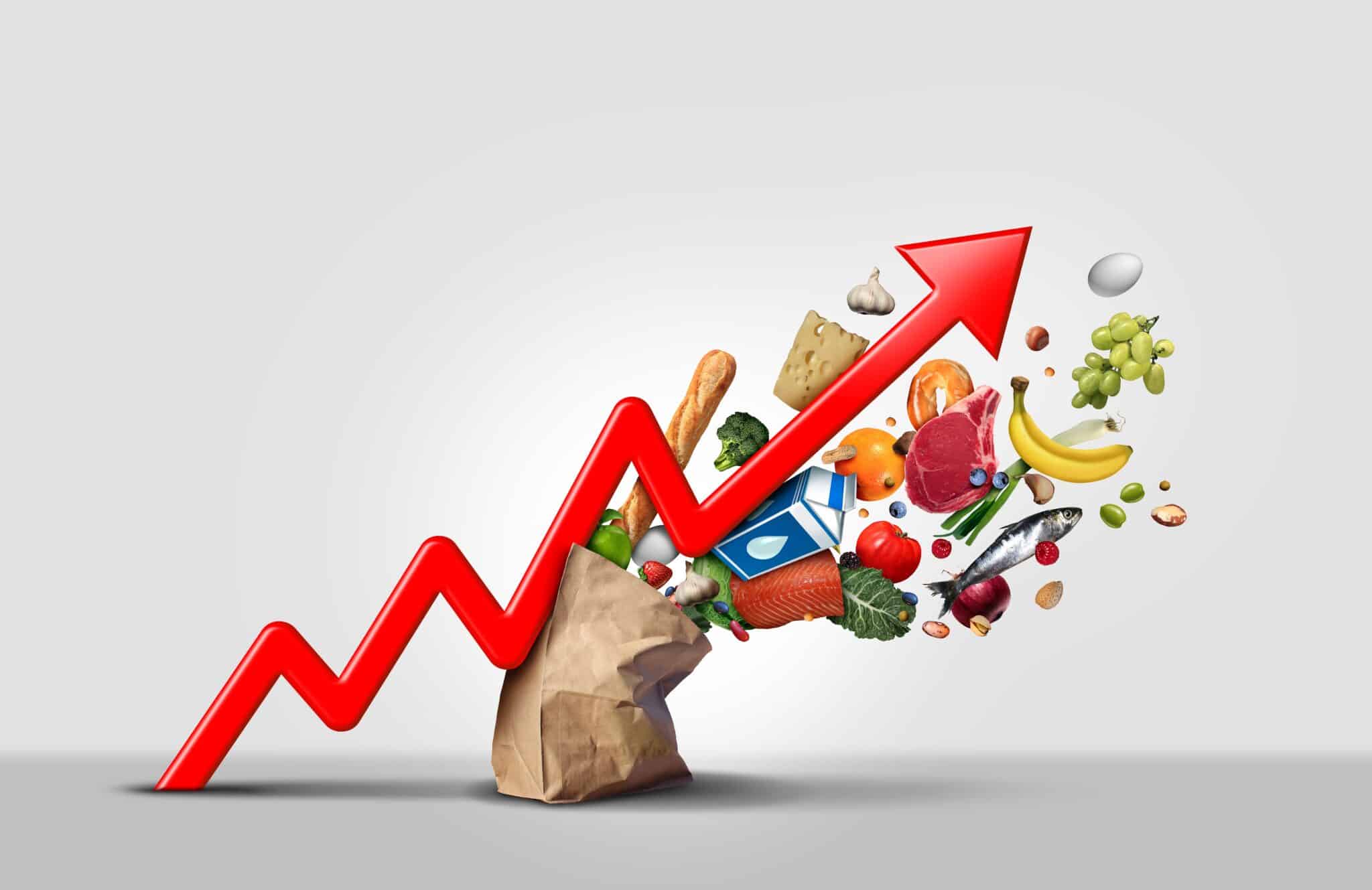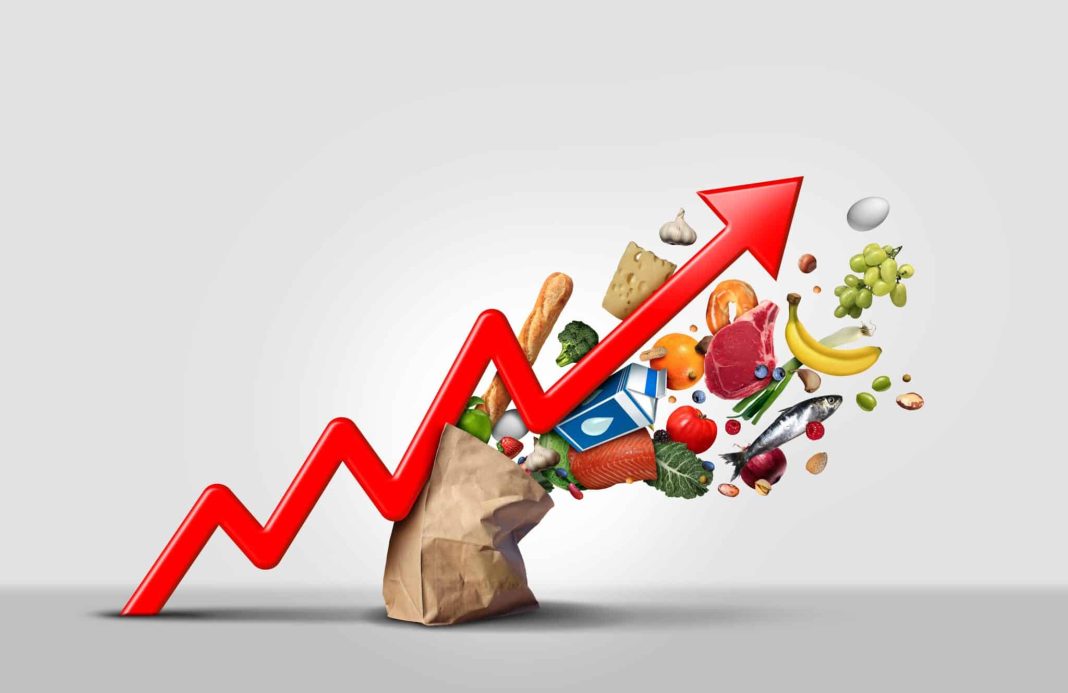 Rising Job Insecurity and Debt Concerns Pose Challenges for US Consumers
Rising Job Insecurity and Debt Concerns Pose Challenges for US Consumers
The latest survey conducted by the Federal Bank of New York has shed light on a growing sense of job insecurity among Americans, coupled with increasing concerns about debt delinquency. These findings suggest that US consumers are facing mounting challenges, which could spell trouble for the economy.
According to the survey, released on August 12th, American consumers have become more pessimistic about their prospects of finding a new job after losing their current one. The perceived probability of finding new employment fell by 0.9 percentage points to 52.5 percent in July. This significant decline is particularly worrisome in light of the disappointing government jobs report, which revealed that the US economy created fewer jobs than expected and saw the unemployment rate rise to 4.3 percent, defying expectations of it remaining steady at 4.1 percent.
While the decline in job prospects was partially offset by consumers’ belief that they were less likely to lose their jobs in the first place, there are still concerns about the overall economic environment. Workers are feeling the pinch of an uncertain future, as evidenced by a 0.3 percentage-point decline in year-ahead expected earnings growth.
Adding to the economic uncertainty is a rise in debt delinquency expectations. The survey highlighted that the average perceived probability of missing a minimum debt payment over the next three months increased by 1.0 percentage points to 13.3 percent, the highest level since April 2020 when the economy was in the midst of the pandemic recession.
These worries about job security and the ability to make loan payments are casting a shadow over consumer spending, a key driver of the US economy. As workers become more uncertain about their employment prospects, they are likely to prioritize debt payments over spending, leading to slower economic growth.
This concern about a potential pullback in consumer spending is supported by a drop in household spending expectations to 4.9 percent, the lowest level since April 2021, according to the New York Fed survey. Bank of America CEO Brian Moynihan echoed these worries in an interview where he stated that spending had slowed, consumers were using their savings for essential goods, and shoppers were increasingly seeking bargains due to inflation concerns.
Austan Goolsbee, president of the Federal Reserve Bank of Chicago, also raised concerns about rising consumer delinquencies. In an interview, Goolsbee expressed worry that the Fed’s high interest-rate policy may be cooling the economy too much. Despite signs of weakness in the economy, Goolsbee argued that consumer spending has not collapsed and the jobs numbers are not yet in recession territory, suggesting that markets may be overreacting.
While the New York Fed survey revealed that households’ current financial situations have slightly improved compared to a year ago, it also showed a deterioration in year-ahead financial situation expectations. This indicates that households may be managing for now but are increasingly worried about the future, particularly as job prospects become more uncertain.
In conclusion, the New York Fed survey highlights the growing challenges faced by US consumers. Rising job insecurity and concerns about debt delinquency are weighing on consumer spending, which could lead to slower economic growth. As households become more uncertain about their financial futures, it is crucial for policymakers and businesses to address these concerns and provide support to ensure the stability of the US economy.


